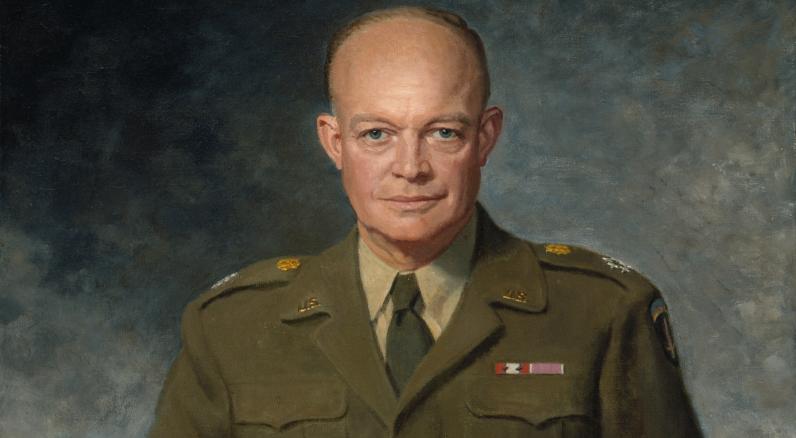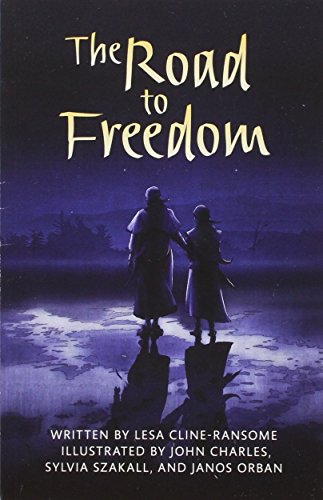

American interest was more invested in the Pacific conflict, where the U.S. Sessions: For a lot of Americans, what was happening in Europe seemed like not really American business.


These are talents that have emerged during the war that become part of his career. It is the two years of work that goes into its shape, how he handles the rest of his career and his presidency, of dealing with failure, of dealing with the media on an almost daily basis, contending with big, powerful personalities who disagree. And this is a really important part of his biography – dealing with failure. At every stage he says that’s a terrible idea, but he does it anyway. He is also the guy who has to generate a sense of purpose and unity and optimism, even though he doesn’t believe in the strategy he has been given, which is go to North Africa first and then fight in Italy and then eventually we will get to France. Marshall and Alanbrooke, between commanders like Patton and Montgomery. He has to be the mediator between Roosevelt and Churchill, between Gen. It is so much about his personal skills and reconciling very strong personalities.

Roosevelt is in the middle of this because he wants to get onto the continent, but he needs the British to support the plan.Įisenhower is very much the man to solve this dilemma. The German/Russian campaign is so enormous, it is soaking up so much of the German resources, but they could never say that publicly because at the same time Stalin keeps saying, “Where is the second front? Why haven’t you opened a second front? Is this a conspiracy to let us do all the work?” There is a careful kind of dance going on. Privately, the British were delighted that the Russians, after Stalingrad, had got the upper hand and they were slowly grinding their way westward. The Russians were slaughtering the Germans. This explains the North Africa landings, and the Italian campaign – all of that was the British insisting they should go through a softer approach. The British did not want to invade Germany from France they thought it would be too difficult.


 0 kommentar(er)
0 kommentar(er)
